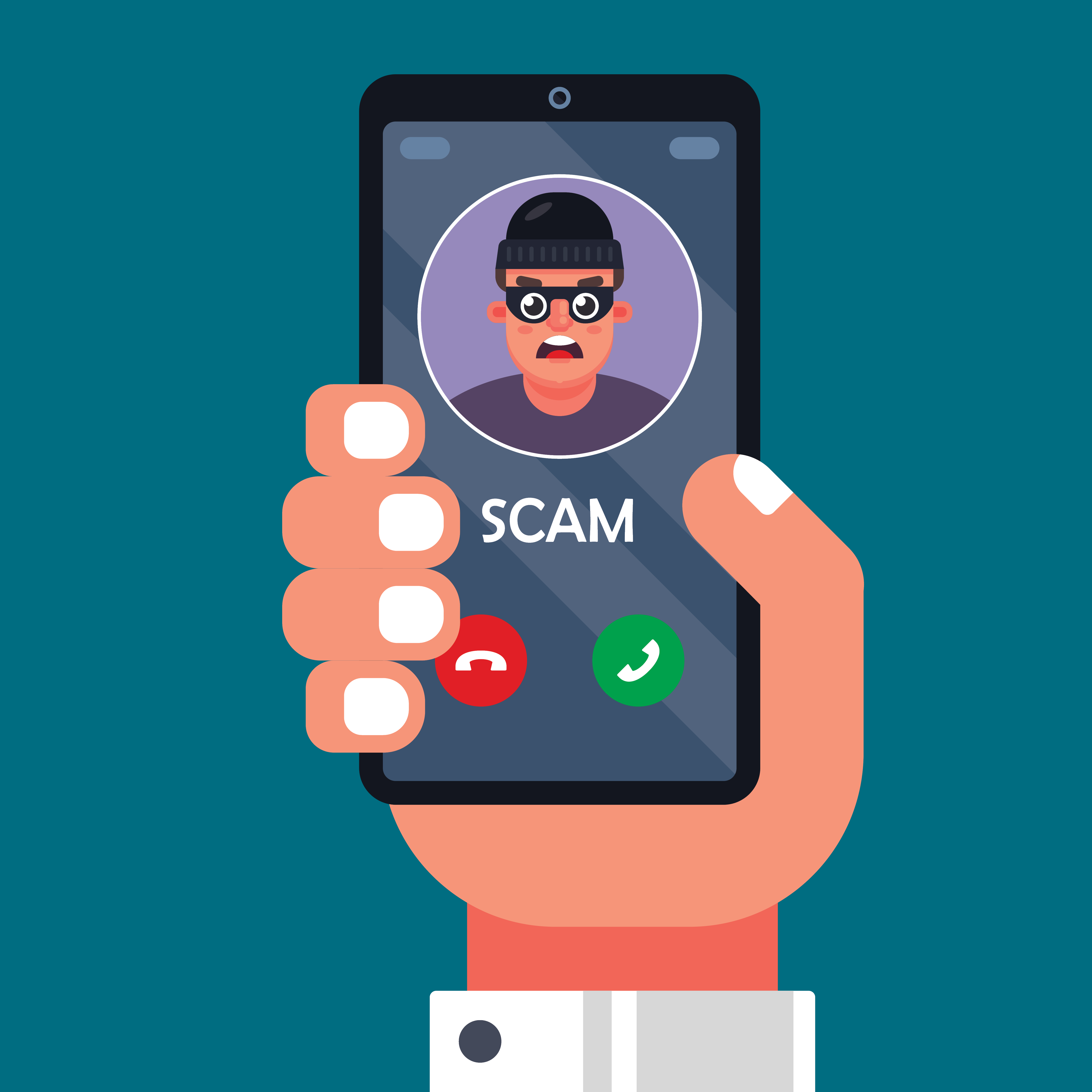1/27/2022 - Increase In Reported Scam Calls
Please be aware of spam calls circulating in McKenzie Electric's territory threatening disconnection of service if payment is not received promptly. These scammers may impersonate a utility and may even use McKenzie Electric's name to sound more convincing.
If you are concerned with the payment status of your electricity bill, please check your SmartHub app or call our office to confirm your account balance.
For more information on scam prevention, follow this link to the North Dakota Attorney General website

